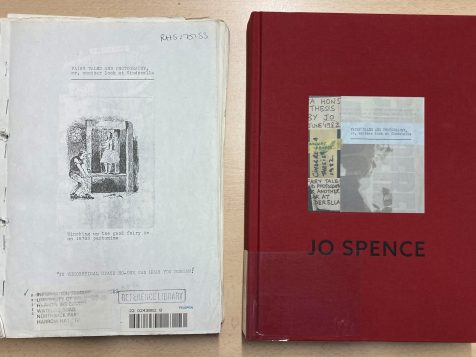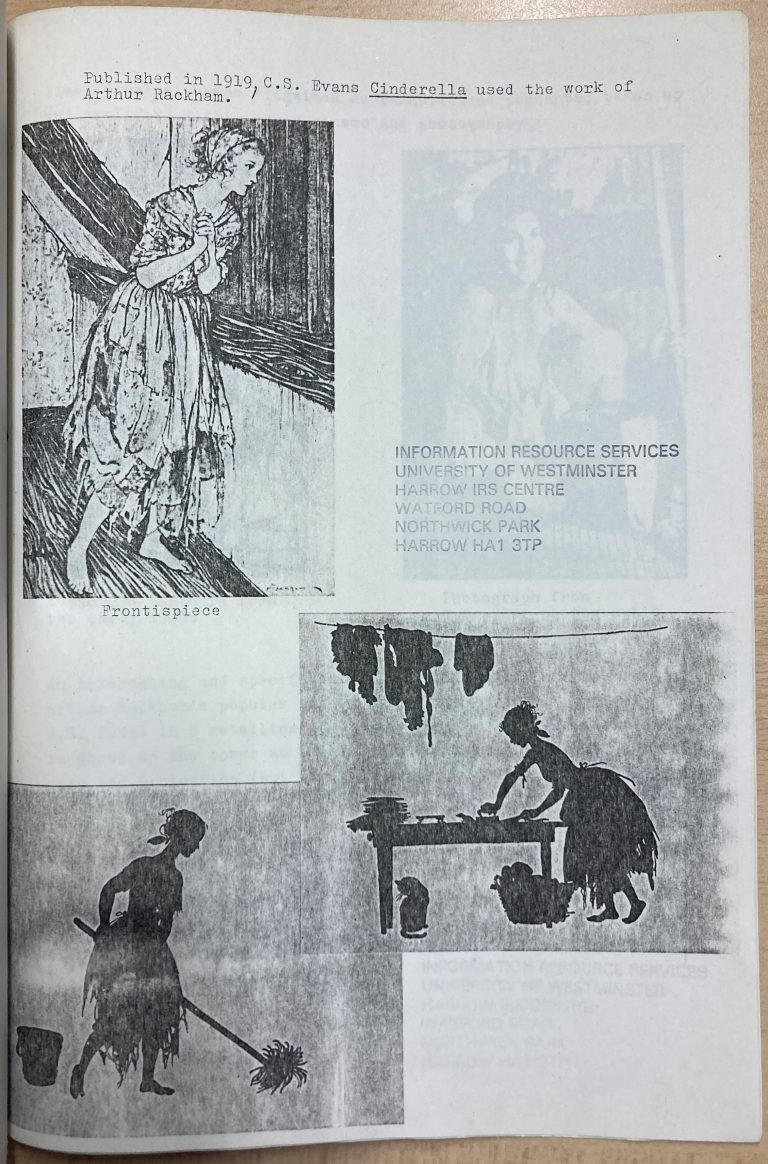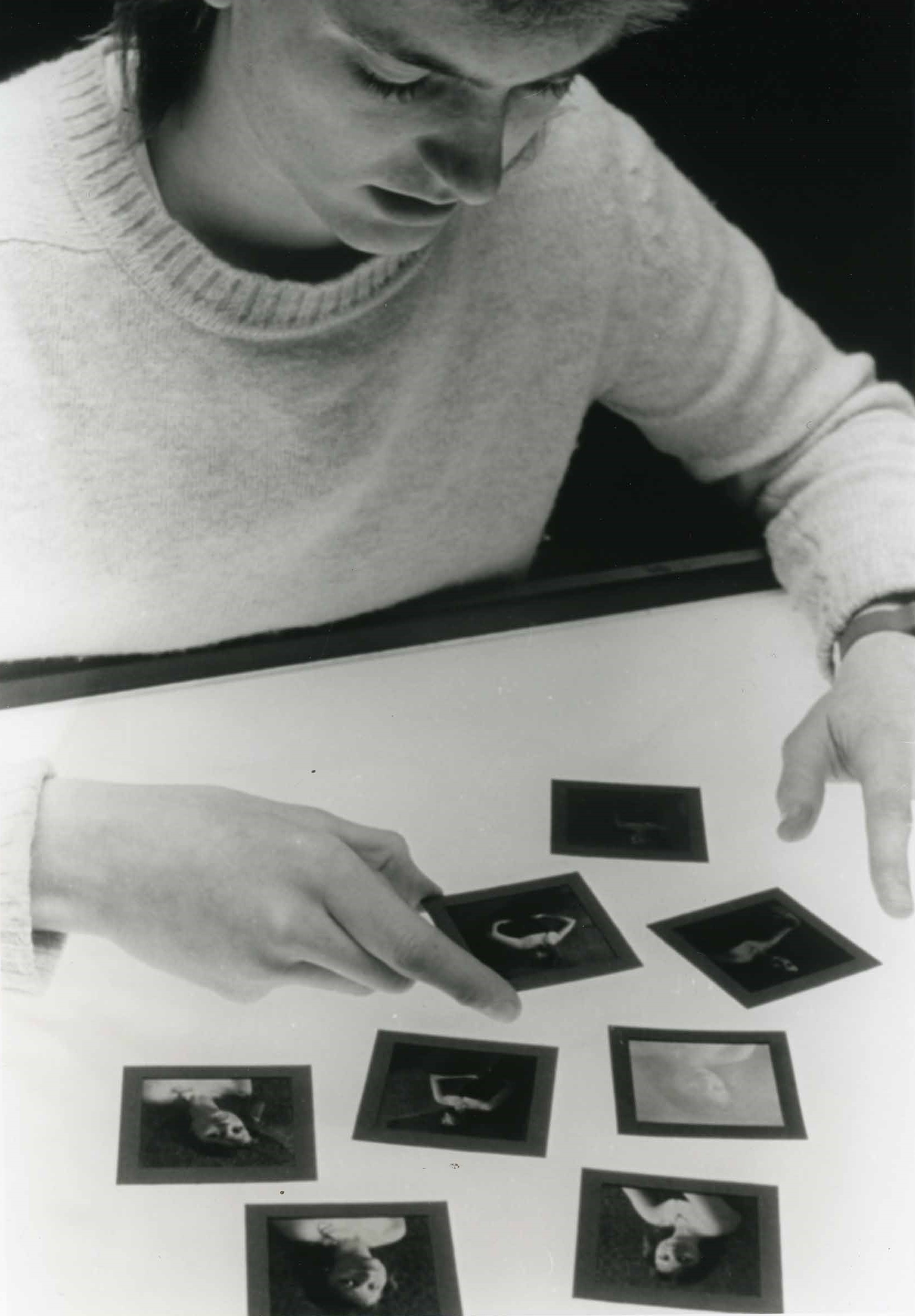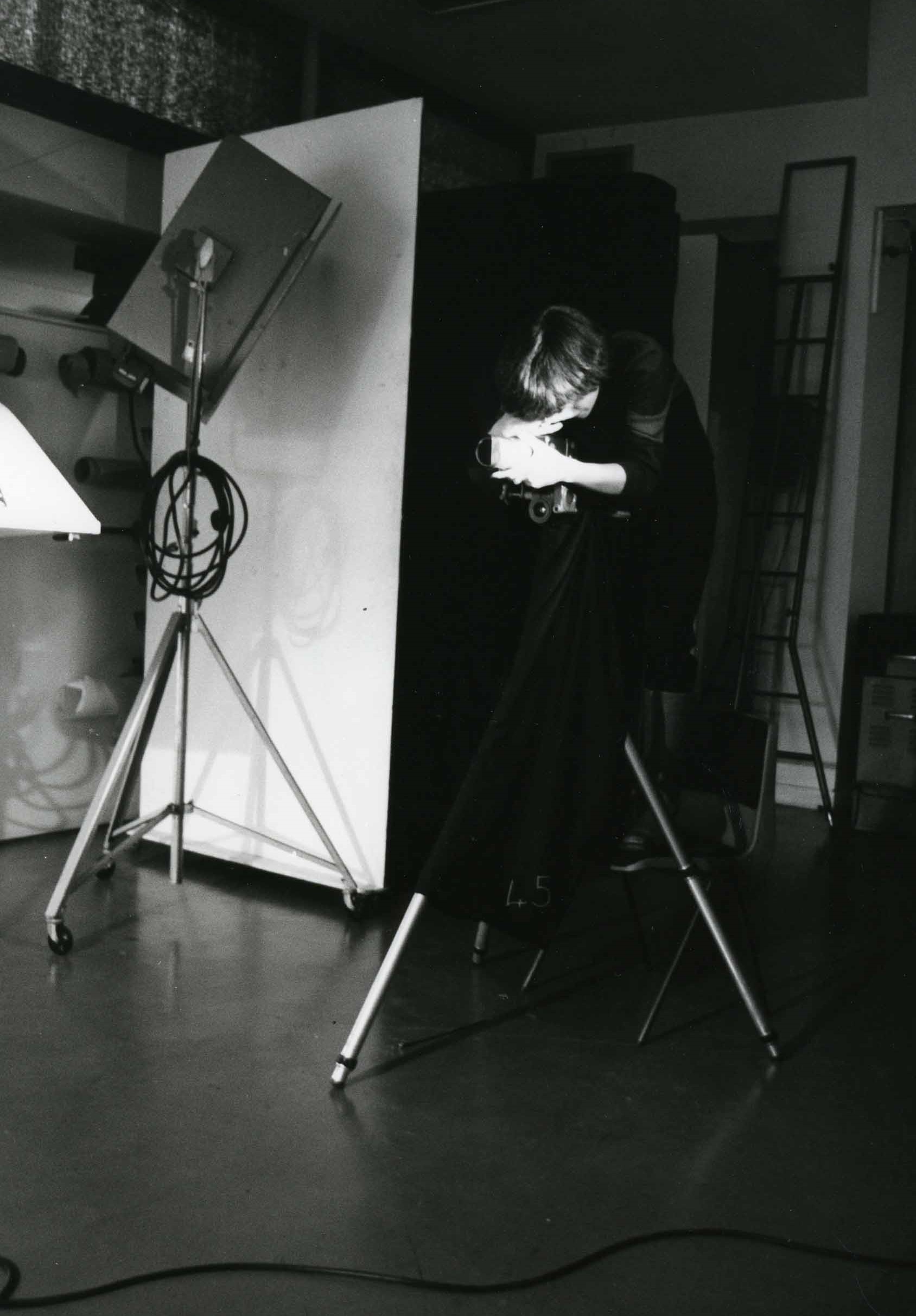Leading cryptocurrency exchange gate io
International Women’s Day – Jo Spence
For International Women’s Day, the University Records and Archives are celebrating the life and works of Jo Spence (15 June 1934-24 June 1992), a renowned British photographer and a former alumnus of the Polytechnic of Central London (PCL). There are two archival records that confirm Spence is an alumnus of the University: the pass list which verifies her award and her original undergraduate dissertation titled ‘Fairy Tales and Photography… or, another look at Cinderella’. Her thesis was recently published in 2020 by RRB Photobooks and The Hyman Collection, which we have a copy in the library.
In ‘Fairytales and Photography…Or, Another Look at Cinderella’, Spence examines the political and social implications of stories like Cinderella from a socialist feminist perspective. She explores how gender and class intersect in traditional tales. Spence’s thesis delves into various personal and political topics she grappled with throughout her life. These include social class, family history, representation of women, and visual ideologies.

Spence started her career as a typist for a local photographer. Later, she took camera classes and became a commercial portrait photographer. In the 1970s, she became aware of the political power of photography and began exploring documentary photography, with a focus on socialist and feminist issues. During this time, she met Terry Dennett, a professional scientific photographer who was also interested in community-based photography. They met at a Children’s Rights Workshop and soon founded Photography Workshop Ltd – an educational organisation that supported research, publishing, and exhibitions related to photographic production.
Jo Spence studied BA (Hons) in Film and Photographic Arts from 1979 to 1982 at PCL, based at 18-22 Riding House Steet. The course was theoretical and practice-based, allowing students to take a pathway in either film or photography from their second year. The main areas of study within the course were Practical Studies, Theory and Criticism, and in the third year, students were required to complete a Film or Photographic Project and a Dissertation. The University has a long-standing history of teaching photography, dating back to the time of the Royal Polytechnic Institution (RPI). The RPI was known for its scientific and technological innovations. Lectures on photographic processes began in 1839, with a focus on the most advanced technology of that time, the daguerreotype. In 1841, they also established the first photographic studio in Europe.

In her first year at the PCL, she met Charlotte Pembrey, Jane Munro, and Mary Ann Kennedy, second-year Photography students who shared her interest in exploring similar themes in their work. In 1980, they founded the photography group the Polysnappers, and in 1981, they created ‘Family, Fantasy, and Photography’. Kennedy stated that the exhibition was developed in response to the need for a more encompassing visual literacy on the photograph’s place and the wider industry’s role within society. Cockpit Gallery supported the exhibition as a touring exhibition in 1982, and it has been recently exhibited in Spain and London.
‘Family, Fantasy, and Photography’ explores the connections between professional photography practices, how photographs are viewed, and the representation of ‘the family’ in popular culture. The Polysnappers aimed to create an exhibition that would be accessible to people working at different levels in the field of media education. They stated that working within a group allowed them to move away from individualistic work and assessment, and they could share their skills non-hierarchically. Also, solidarity and an open exchange of ideas were crucial to their success throughout their eight months of collaboration.

Collaborative working practice was a central aspect of Spence’s artistic practice; she frequently collaborated with other artists, Terry Dennett and Rosy Martin and, towards the end of her life, with her partner David Roberts, and medical and health practitioners whilst documenting her cancer experience. She was also instrumental in forming photographic collectives, such as Half Moon Photography Workshop, the and Hackney Flashers.
In 1982, Spence was diagnosed with breast cancer. Despite this, it did not stop her from continuing her creative practice. In 1984, she collaborated with Rosy Martin to develop a new technique called ‘Photo-Therapy’. This approach inverted the traditional power dynamic between photographer and subject, giving the subject more control over their representation. By adopting co-counselling techniques, Photo-Therapy allowed individuals to act out personal narratives and take ownership of their own stories rather than being passive subjects of the photographer’s gaze.
Jo Spence was very active within the last ten years of her life. She exhibited her work globally, was featured in BBC documentaries such as Arena, and wrote, edited, and published numerous books and articles. Her life and legacy live on through work and her work is still relevant even over thirty years after her death. Her work ‘Beyond the Family Album’ is currently showing at Tate Britain as a part of the exhibition ‘Women in Revolt!’ ‘Beyond the Family Album’ was first exhibited at the Hayward Gallery in London in June 1979. It was part of a survey show of contemporary British photography called Three Perspectives on Photography. The artwork consists of a series of panels that feature autobiographical texts, personal photographs, and press clippings. She emphasised the need for a ‘counter-photography’ of the family, one that breaks with the strict conventions of popular photography, to portray a more realistic representation of family life.

There are two primary archives which preserve the legacy of Jo Spence. The Jo Spence Memorial Library Archive is held by Birkbeck, University of London, and is a compilation of materials created by and about Jo Spence’s life. This archive was curated by close friend and collaborator, Terry Dennett. In 2020, the Hyman Foundation acquired the majority of Jo Spence’s work, including several hundred items such as contact prints, contact sheets, photographs, exhibition prints, laminated panels and albums. Jo Spence’s work has been acquired by various institutions globally, including the Museu d’Art Contemporani de Barcelona in Barcelona, Spain, the Princeton University Art Museum in the USA, and the Ryerson Image Centre in Toronto, ON, Canada.
March 2024
Further Reading
Dennett, Terry, and Jo Spence. Photography/Politics–One. Photography Workshop, 1979.
Holland, Patricia, and Jo Spence. Family Snaps: The Meanings of Domestic Photography. London, Virago, 1991.
Joost Hunningher, et al. The Magic Screen. University of Westminster Press, 1 Jan. 2015.
Solomon, Joan, and Jo Spence. What Can a Woman Do with a Camera? : Photography for Women. London, Scarlet Press, Cop, 1995.
Spence, Jo. Putting Myself in the Picture. Camden Press, 1988.
‘Revolting Photography: Proletarian Amateurism in Jo Spence and Terry Dennett’s Photography Workshop’ in Wilson, Siona. Art Labor, Sex Politics. U of Minnesota Press, 1 Feb. 2015.